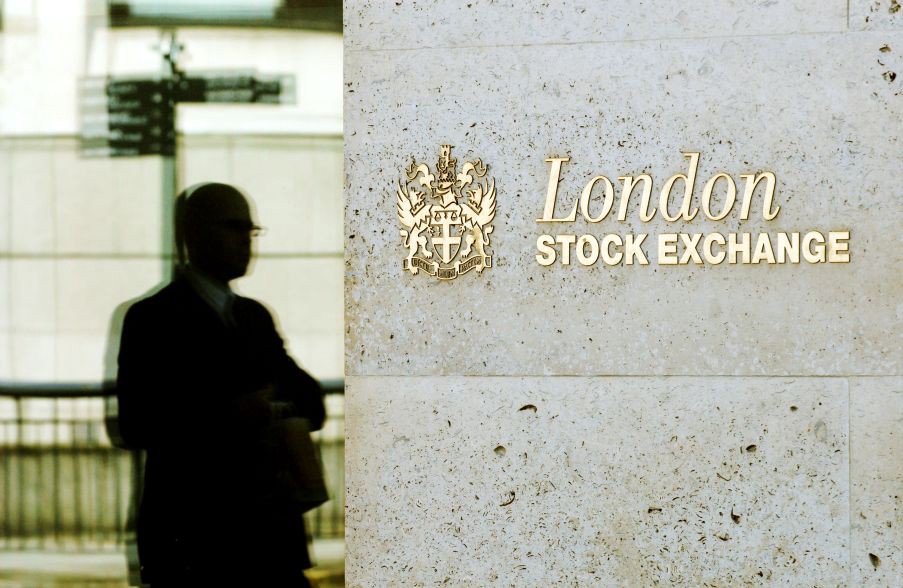The prospectus for one of the world’s first publicly listed impact investment companies has a long list of risk factors that would be daunting — if they weren’t much like the risk factors for all other initial public offerings.
Indeed, the IPO prospectus for the Impact Investment Trust PLC, which will be listed on the London Stock Exchange in the next couple of weeks, offers a glimpse of a future in which impact strategies and impact measurement are routine parts of many such offerings available to retail investors.
The Impact Investment Trust, which is seeking to raise $150 million and generate roughly 8% returns, will be one of the few emerging-market impact investment opportunities available to individual small investors. The trust will invest in about a dozen underlying funds targeting small- and medium-sized enterprises in low-income countries, each of which would themselves invest in about a dozen ventures in “high-impact sectors” such as education, healthcare, distributed energy, basic infrastructure, agriculture and forestry and financial services and job creation.
The typical impact investing vehicles in developing countries have been private-debt and private-equity funds. But not many investors are able to become limited partners in such funds. With high minimums, little liquidity and 10-year (or longer) horizons, such funds are only available to institutional investors or individuals so wealthy they might as well be.
“We looked at the stumbling blocks or hurdles for impact investing, for it to not just grow but to be sustainable,” says Thomas Venon, a principal of 18 East Capital, which is putting the trust together. “The answer: Launch an investment trust to give everyone access to impact investing in developing countries.”
Venon and his partners have raised billions of dollars in over a dozen of other such trusts to finance private equity, renewable energy and infrastructure investments that, like impact are lumpy and illiquid. The trust effectively makes illiquid investments liquid for broad stock-market investors.
“The ultra-high net worth individuals don’t need this. They have their pick of funds,” Venon told ImpactAlpha. “But for mass-affluent, more normal investors, this is a first point of access. People who have been wanting to do something about impact investing but don’t have money to join a portfolio of LPs at $1 million a pop.”
Design features
The idea for the trust can be traced to meetings in 2015 at Socap, the annual social markets conference in San Francisco. Early funding to design the structure came from DFID, the UK development agency. The Rockefeller Foundation, through its “Zero Gap” innovative finance initiative, provided a grant to share learnings from the project.
The trust has some noteworthy design features. A five-member independent governing board is changed with both financial oversight and to keep the impact mission on target. The fund manager, Bern-based Obviam, is acting as a service provider. Obviam, led by CEO Claude Barras, is the manager for the Swiss government’s development finance institution, SIFEM.
The underlying funds may be limited partnerships, open- or closed-ended investment companies, or other investment vehicles with a total size of $250 million or less. Obviam has already identified a number of funds. Some capital may go to secondary investments but Venon said such investments will be limited to maximize additional impact. The funds will report their own results on a quarterly basis, with totals rolled up into a “net asset value” calculation for the trust as a whole.
Two impact investing veterans on the board, Lisa Green Hall, most recently of Anthos Asset Management, and Randall Kempner of the Aspen Network of Development Entrepreneurs, will be responsible for overseeing the trust’s impact reporting. Also on the board are Jean-Michel Severino of Investisseurs et Partenaires and Sean Hurst of JPEL Private Equity, as well as Venon.
The trust will focus on countries with average annual incomes below $12,000, and on poor populations within those countries, but will not target the poorest of the poor. “There are some areas where business can’t go,” Venon says. ““We don’t see impact investing as the solution for everyone,” but providing essential services to those with some money can be helpful, he adds.
As with all investments, there are risks, both financial and per the depth and breadth of the trust’s ultimate impact. Venon says the trust can bring new dollars to an underfunded sector and, if successful, help establish a market for other such funds.











